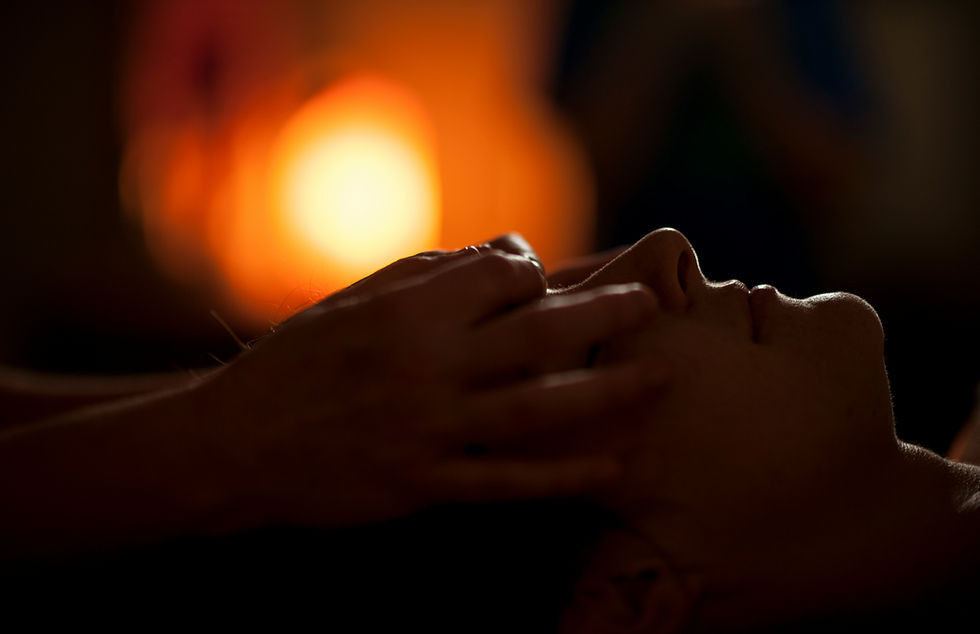Massage and the Menopause
- Claire Harrison

- May 31, 2022
- 2 min read

Nearly 80% of women going through menopause experience some kind of clinical symptom and in 40% of cases the symptoms are sufficiently intense to need medical assistance.
The most common symptoms are hot flushes, nervousness, anxiety, irritability, depression and insomnia, all of which are significantly detrimental to a woman’s well-being.
Insomnia affects between 28% and 63% of postmenopausal women. While many turn to complementary therapies, some women have found massage therapy to be extremely beneficial.
The beneficial effects of massage on blood flow, the lymphatic system, oedema and conjunctive tissue and muscles are well known. Massage activates our receptors to touch, pressure, heat, vibration and pain which stimulate the autonomous and central nervous systems, unleashing neuro-chemical reactions.
The body is connected by nerve pathways and a flow of energy called “meridians”. These points correlate to particular organs or energy pathways in the body that can be stimulated to produce some of the body’s natural hormones and painkillers. Massage therapy can target these points enabling them to treat other symptoms located elsewhere in the body. For example, a massage therapist can stimulate the adrenal, pituitary and thyroid glands in an attempt to balance hormone production to reduce the frequency of hot flashes.
A study in Brazil looked at the effect of massage in postmenopausal women with insomnia. Volunteers were given sixteen one-hour sessions of massage twice a week and evaluated on set psychological and physiological parameters including anxiety, depression and sleeping habits.
The results shows a significant improvement in the symptoms of anxiety and depression and the volunteers’ sleep diaries showed that all participants fell asleep more rapidly, presented a gradual improvement in quality of sleep and awoke feeling better.
For more information and to book an appointment please contact Hayley who can explain the benefits of massage for your particular symptoms and can answer any particular questions you might have.
Information for this blog was taken from: https://www.ncbi.nlm.nih.gov/pmc/articles/PMC3059875/pdf/cln-66-02-343.pdf






Comments